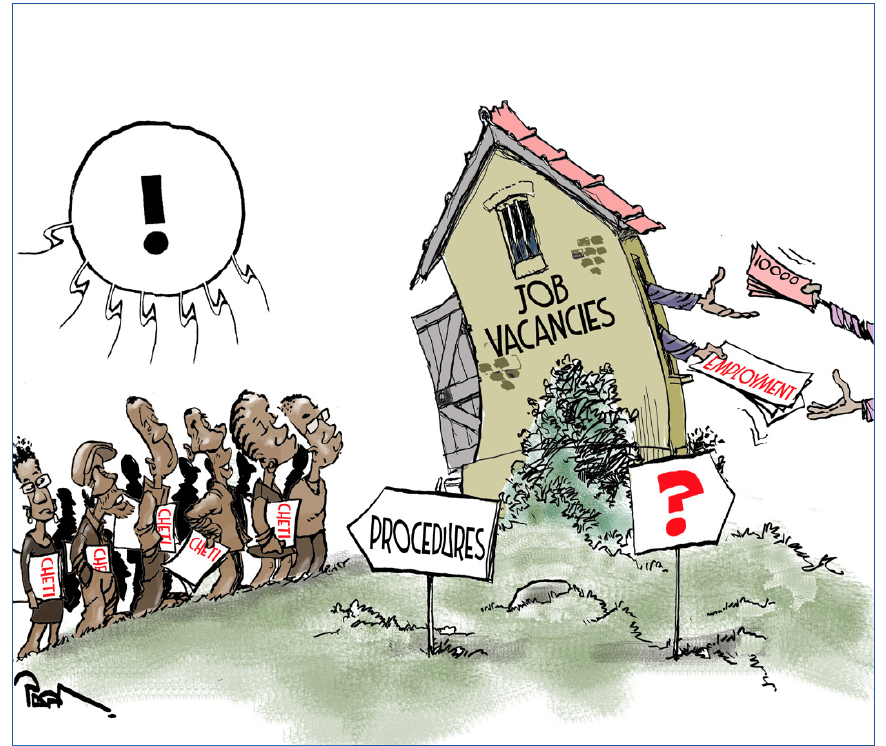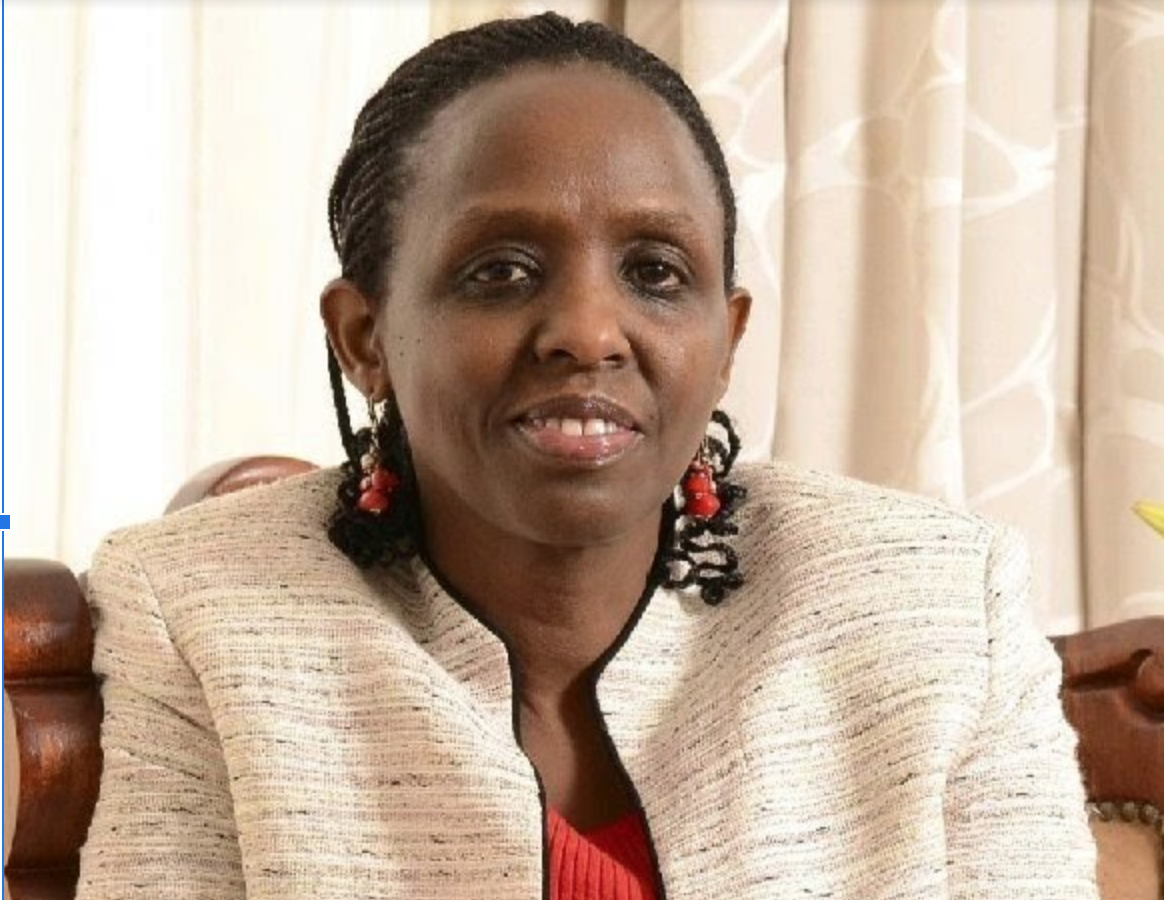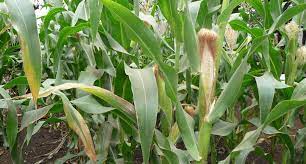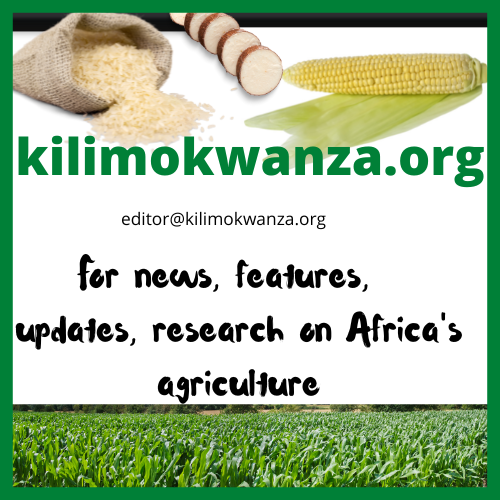Weights, measures fraud costs farmers
 The govern-ment’s failure to enforce the use of laws and regulations gov-erning weight and measures is depriving farmers of their right to profit from their agricultural produce.
The govern-ment’s failure to enforce the use of laws and regulations gov-erning weight and measures is depriving farmers of their right to profit from their agricultural produce.
According to the Iringa chap-ter of the Tanzania Chamber of Commerce, Industry and Agriculture (TCCIA – Iringa), government’s efforts in trying to stop the tendency of exploit-ing farmers through over-sized sacks popularly known as ‘lumbesa’ has not yielded the desired outcomes.The habit is still rampant, leav-ing farmers’ economic future at the mercy of a few businesspeo-ple who harbour selfish motives.
TCCIA- Iringa regional chair-man Lucas Mwakabungu notes that the use of lumbesa is one of about ten business environment issues the business community wants addressed in the region to make agriculture profitable
“Productivity in agriculture is poor because of many chal-lenges we face,” he says calling for improvement of the business environment so as to raise the income of Iringa residents and Tanzaniansin general.Addressing the challenges, he said would help increase the amount that Tanzania Revenue Authority (TRA) collects in tax revenues and the gross domestic product as a whole.This is because people will start to consider agriculture to be a serious business under-taking, resulting into creation of more and more taxable job opportunities which will ulti-mately lead to improved welfare of all Tanzanians.
Sh174 billion annual loss
According to Mr Mwakabun-gu, a study conducted two years ago established that farmers in Iringa and Njombe regions alone lost over Sh14.7 billion through the illegal practice in a year. “Using the same as basis, and based on similar assump-tions, the amount that farmers lost through Lumbesa alone goes up to Sh174 billion,” says Mr Mwakabungu, quoting the study findings.He said since then, nothing has really changed.
Lumbesa is a blatant illegality
Measures Act No. 20 of 1984 requires the people to adhere to correct measurements in busi-ness. The way agricultural goods must be sold is laid out in the Weights and Measures Act of 1982 and its subsequent amend-ments. The legal document spells out specified packing standards for agricultural goods as well as specific quantities in which certain goods should be pre-packed.Despite repeated calls from the government criminalising the use of such measures, farm-ers say nothing has changed. They say the government’s fail-ure to enforce its own legislative pieces is hurting them dearly, leaving them at the mercy of rich buyers who cash in on farmers’ ignorance.
The Weights and Measures Agen-cy
The Weights and Measures Agency (WMA), which has existed for decades, is supposed to ensure the legal provisions – set out in the law on measure-ments and weights – are adhered to.Available studies show that WMA does not have the capac-ity to make sure that the law is adhered to due to financial and working constraints. The situa-tion is made worse by the wide-spread practice where farmers sell their produce at farm level to agents and/or middlemen. In the case of Iringa, WMA office covers an area with a pop-ulation of over 1.5 million peo-ple. Yet, it is manned by only three people. This means that despite being aware of the ram-pant use of lumbesa the capacity to take due action is very limited. TCCIA wants the government to promote an integrated approach in enforcing the weights and measures law by bringing together more stakeholders to ensure compliance:
Specifically, TCCIA wants the government to address the fol-lowing 10 issues which adversely affect operations of farmers in Iringa:1. High prices of inputs: fertiliz-ers, pesticides, seeds and oth-ers2. The open markets has brought substandard fertiliz-ers (fake), seeds and others3. Lack of value additions- less processing industries to add value and create more mar-kets4. High costs of energy, mostly electricity5. Lack of capital for invest-ing in agriculture and agro-processing industries- no justifiable returns for loans.6. Failure of enforcing and using the weight and meas-ures Act of 1982—have been depriving the farmers of income- the use of substand-ard weights-Lumbesa.7. Lack of markets – there are no reliable markets where farm-ers can sell their produce.8. Unstable prices of agricul-tural products 9. Poor roads that link farmers in their rural settings to mar-kets.10. Less and less land that is being surveyed and formal-ized for use by individuals as well as investors in various economic undertakings. Citizen’s voices Christinsa Geleja: The limited tax base is among the barriers for doing business. The gov-ernmernt keeps on increasing taxes from a limited set of for-mal segments, leaving most of the informal segment untaxed. In so doing the tax burden to for-mal businesses keeps on mount-ing. The govt must ensure every income generating activity is taxed. Octavina Mtei, Morogoro:To improve the business envi-ronment the government should consider reducing taxes and lev-ies and if possible small busi-nesses should not be levied any fee or taxes. Small businesses are being forced to buy EFDs which cost Sh70,000 when at the same time one might only be having one milion as working capital. In such case how will one make any profit? Huge amounts of tax should be paid by big business. EFDs should be for big business. This is my opinion.


